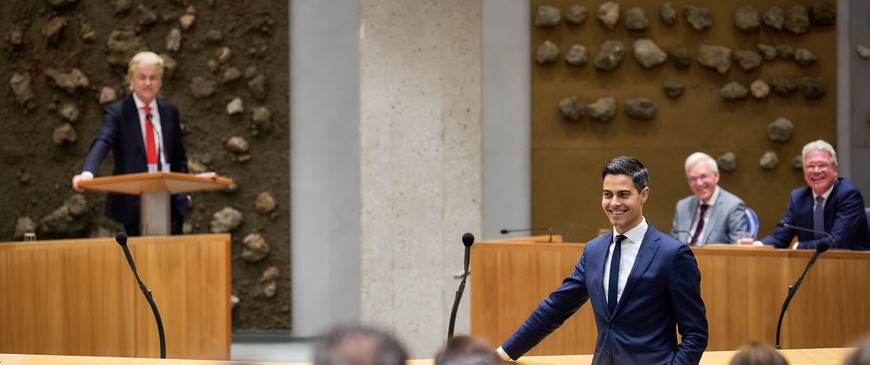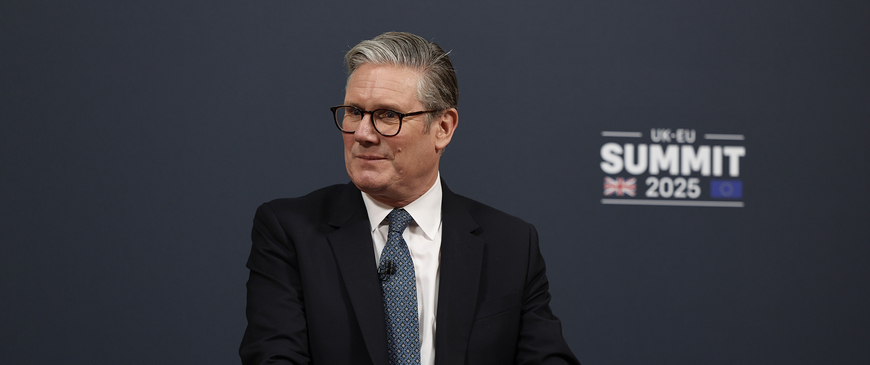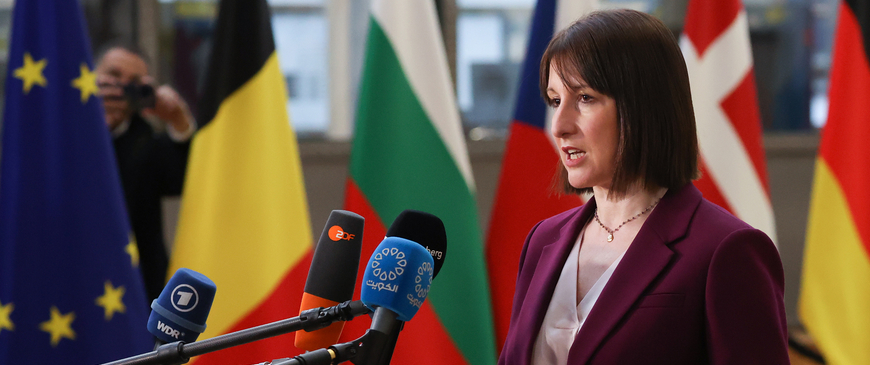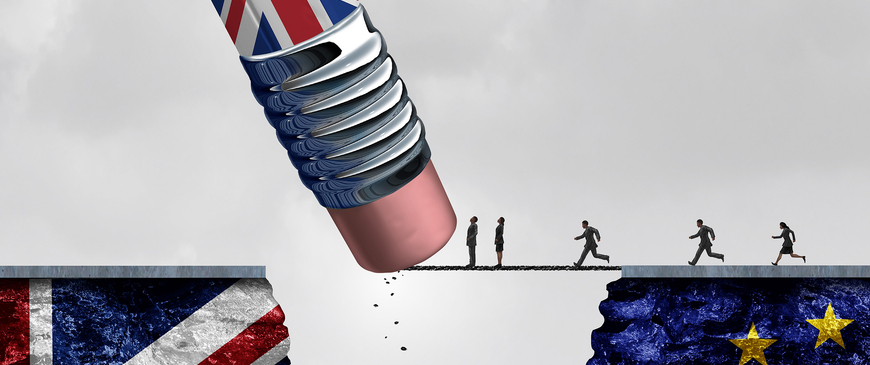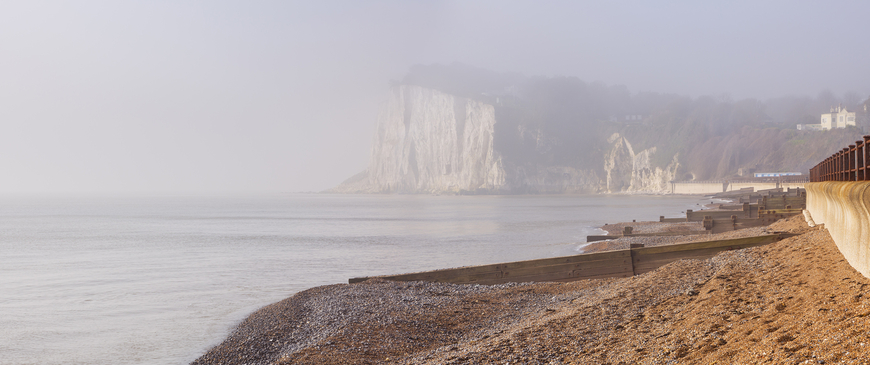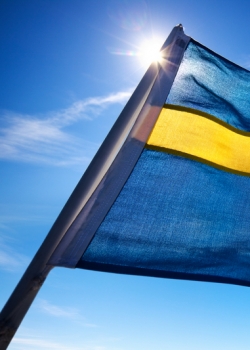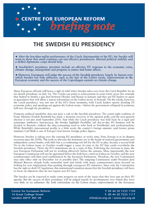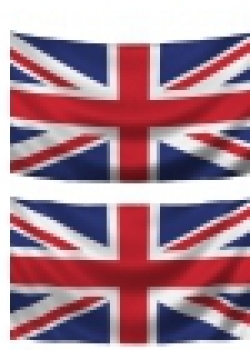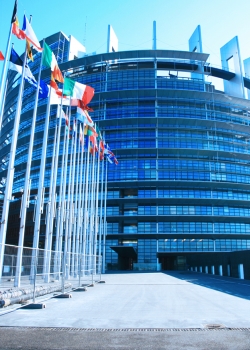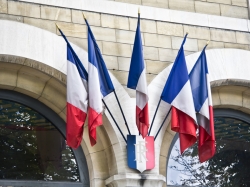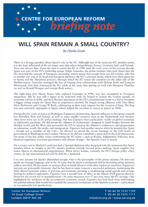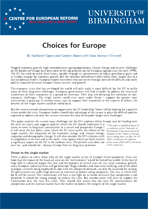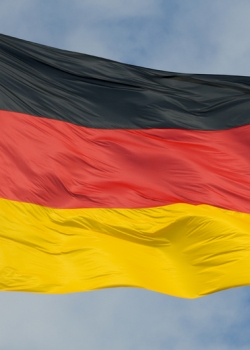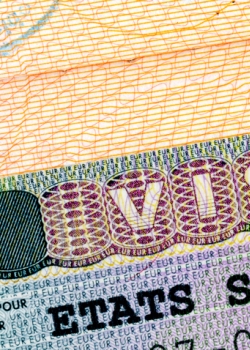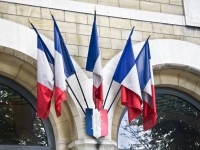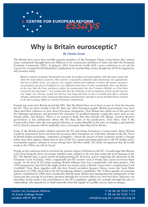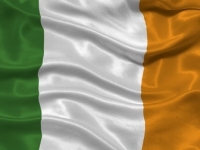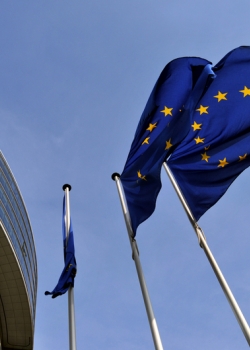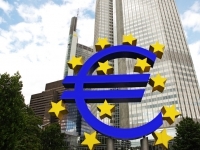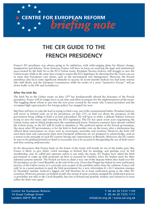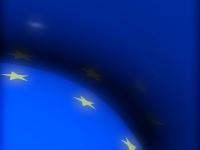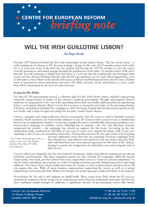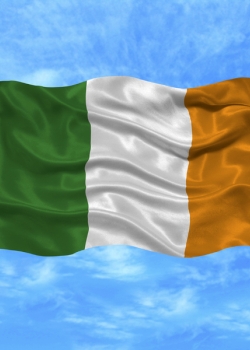Britain & EU member-states
Carl Bildt and the cost of speaking plainly
21 July 2009
Carl Bildt is better known throughout the world than most of his fellow EU foreign ministers – and many of the prime ministers, too.
The Swedish EU presidency
01 July 2009
A painful recession in Europe, uncertain prospects for the Lisbon treaty, a looming gas crisis in Ukraine and a lame-duck Commission are some of the challenges that the Swedish EU presidency will have to deal with in the second half of 2009.
Britain’s eurosceptics need to come clean
25 June 2009
Britain’s media and political class have a right to be sceptical about the EU, even hostile to it. But they also have an obligation to be honest about the economic implications of a retreat from full membership of the Union. Their failure to do so is dishonest and poses a serious risk to Britain’s prosperity.
EU politics after the elections
10 June 2009
EU policies were not the issue that guided most voters in last week’s elections to the European Parliament. The economic crisis and job safety were uppermost in people’s minds.
Are the British the new French?
05 May 2009
The British tend to deride France as a hopelessly statist, anti-entrepreneurial country full of bolshie workers intent on extracting disproportionate rewards for their labour and a state too weak to resist them. This characterisation is not wholly inaccurate.
Will Spain remain a small country?
01 May 2009
Spain punches below its weight in EU policy-making. Since Jose Luis Rodriguez Zapatero became prime minister, five years ago, Spanish influence in the EU has diminished.
Choices for Europe
01 May 2009
CER - University of Birmingham
Sluggish economic growth, high unemployment, ageing populations, climate change and security challenges on the borders of Europe have been some of the top priorities on the European agenda since the early 1990s. The EU has tried to tackle these issues, notably through its commitments to reduce greenhouse gases and its Lisbon strategy for economic growth.
Germany: Between a rock and a hard place
19 February 2009
Twelve months ago it seemed inconceivable that any member of the EU could face a sovereign debt crisis. It would have been the stuff of fantasy to argue that Ireland or Austria could be among those at risk.
Britain's Schengen dilemma
10 February 2009
Britain supports more EU co-operation against terrorism, crime and illegal immigration and has done so for over a decade. This is because effective justice co-operation has clearly been in the national interest (as with the speedy capture and extradition of one of the 2005 London bombers from Italy to Britain).
The French, the European Commission and the Tories
29 January 2009
One Frenchman, Jean Monnet, invented the European Commission, and another, Jacques Delors, was its greatest president. Yet the French are increasingly hostile to this Brussels institution.
Why is Britain eurosceptic?
19 December 2008
The British are more hostile to the EU than any other European people. But why? Charles Grant looks at the role of geography, history and economics in nurturing euroscepticism.
The Irish send out good vibrations on Lisbon
08 December 2008
Ireland’s parliament – the Oireachtas – recently published a lengthy report on where the country’s relationship with the EU stands after the country’s rejection of the Lisbon treaty by referendum.
Issue 63 - 2008
28 November 2008
- The EU's fleeting chance for global leadership, Charles Grant
- The EU's climate agenda hangs in the balance, Simon Tilford
- How the Irish government might save Lisbon, Hugo Brady
How a new Irish government might save Lisbon
24 October 2008
The financial crisis is challenging many of our assumptions about the course of politics and world affairs. Gordon Brown – only weeks ago portrayed as nearing the end of his time as UK prime minister – has been elevated to European, even global leadership status.
In defence of Anglo-Saxon capitalism
29 September 2008
Those who never liked ‘Anglo-Saxon’ capitalism are feeling smug. Marxists, fans of ‘Rhineland’ capitalism and those who simply cannot stand American power are crowing.
The CER guide to the French presidency
04 July 2008
France's EU presidency was always going to be ambitious, with wideranging plans for climate change, immigration and defence. Now, however, France will have to focus on resolving the legal and institutional mess created by the Irish No to the EU's Lisbon treaty. President Nicolas Sarkozy will struggle to save the...
Tough choices to avoid euro-paralysis
19 June 2008
The Irish did the wrong thing for the right reasons in their referendum on the Lisbon treaty. Voters rejected an international treaty, the benefits of which did not seem to merit a change to the country's constitution.
Will the Irish guillotine Lisbon?
04 June 2008
On 12 June 2008 Ireland will hold the EU's only referendum on the Lisbon Treaty. With the campaign entering its decisive phase, polls indicate that the vote could be dramatically close with turnout determining the result.
Poland’s bold new foreign policy
01 February 2008
For the rest of Europe, the worst thing about Poland’s Law and Justice government, led by Jaroslaw Kaczynski, was its foreign policy. His approach towards Russia, Germany and (sometimes) the EU – supported by his twin brother, President Lech Kaczynski – was confrontational.
Bad omens loom over Irish referendum
01 February 2008
Ireland's voters have a crucial decision to make on the future of the EU – in May or June this year – when they vote in the only referendum on the Treaty of Lisbon.

